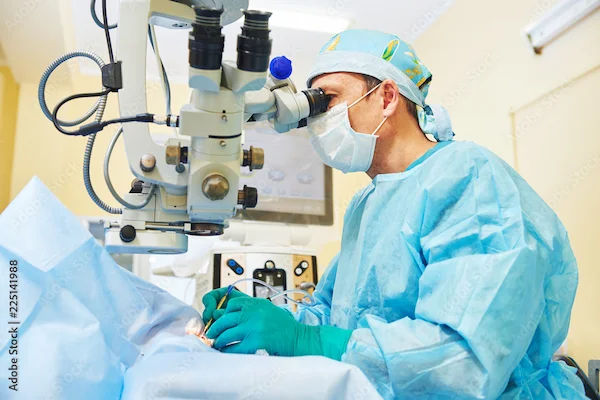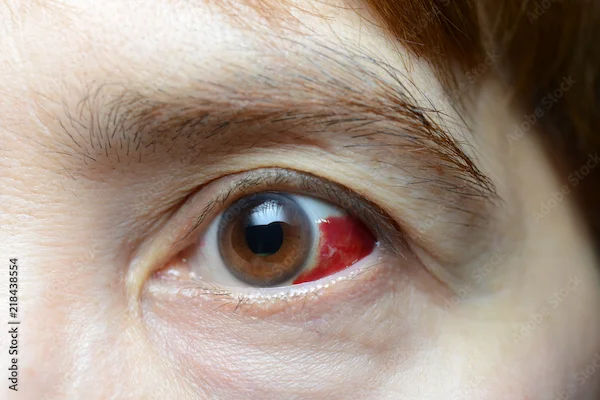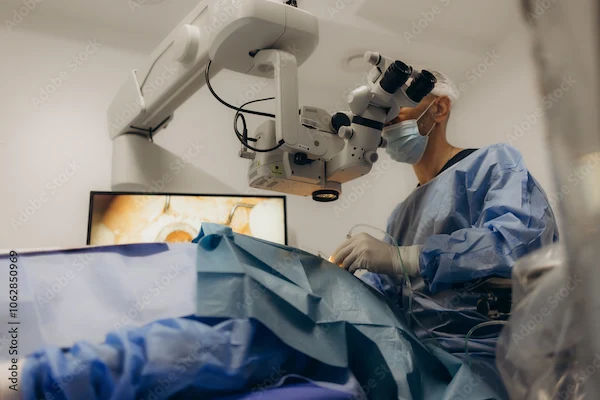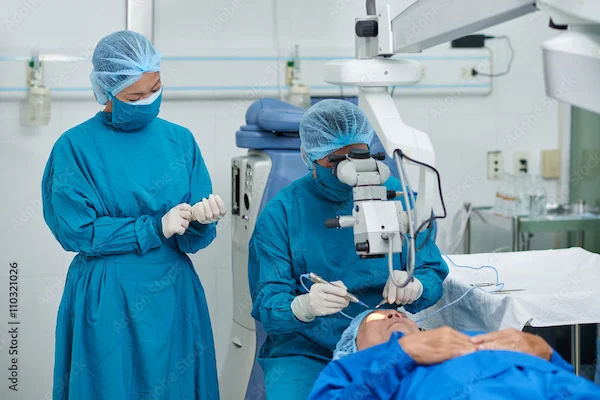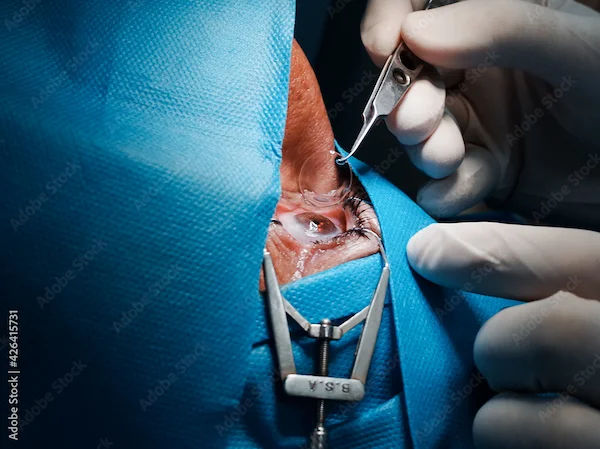How Many Hours After Cataract Surgery Can I See?
Curious when you'll start seeing clearly after cataract surgery? Find out how soon vision typically returns, what’s normal in the first few hours, and when to expect improvements.

Written by
Last updated on 3rd Jul, 2025
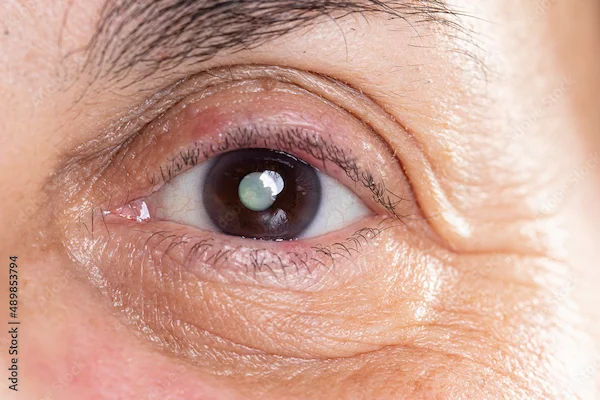
Introduction
Cataract surgery is a common and highly effective procedure to restore vision when the natural lens of the eye becomes cloudy. If you’ve recently undergone cataract surgery or are planning to, you may wonder: How soon after the surgery will I be able to see clearly? The answer depends on several factors, including the type of surgery, your eye’s healing response, and the type of intraocular lens (IOL) implanted.
Immediate Vision After Cataract Surgery
Right after cataract surgery, your vision may be blurry or hazy due to:
The effects of anaesthesia and dilation drops: These temporarily affect your ability to focus.
Mild swelling or irritation: The eye needs time to adjust after the procedure.
Protective eye shield: You’ll wear this immediately after surgery, which may limit vision temporarily.
Most patients notice some improvement within a few hours after surgery, but full clarity may take a few days to weeks.
If You Have Any Questions Consult Top Ophthalmologists
When Will My Vision Fully Stabilise?
After cataract surgery, your vision may fluctuate for a short time; here’s what to expect and when your eyesight is likely to fully stabilise.
First 24 Hours
You may experience blurry or distorted vision as the eye starts healing.
Colours may appear brighter because the cloudy cataract lens has been removed.
Some patients report mild discomfort, itching, or light sensitivity, which is normal.
First Few Days to a Week
Vision gradually improves as swelling reduces.
If you have a monofocal IOL (set for distance or near vision), you may still need glasses for certain tasks.
If you have a multifocal or toric IOL (for astigmatism), adaptation may take longer (up to a few weeks).
One Month Post-Surgery
By this time, most patients achieve stable and clear vision.
Your doctor will confirm if you need glasses for fine-tuning your vision.
Factors Affecting Recovery Time
Several factors can influence how quickly your vision and eyes recover after cataract surgery; understanding these can help set realistic expectations for healing.
1. Type of IOL Implanted
Monofocal lenses provide clear vision at one distance.
Premium lenses (multifocal, trifocal, or toric) may take longer to adjust, but reduce dependency on glasses.
2. Pre-existing Eye Conditions
Conditions like macular degeneration or glaucoma may slow recovery.
3. Healing Response
Some people heal faster than others.
4. Post-Surgery Care
Following the doctor’s instructions (using prescribed eye drops, avoiding rubbing eyes, wearing sunglasses) speeds up recovery.
Tips for Faster Recovery & Better Vision
Here are some expert-recommended tips to support healing:
Use Prescribed Eye Drops: Prevents infection and reduces inflammation.
Avoid Strenuous Activities: Bending, lifting heavy objects, or swimming for at least a week.
Wear Sunglasses: Protects eyes from bright light and dust.
Don’t Rub Your Eyes: This can interfere with healing.
Attend Follow-Up Appointments: Ensures proper healing.
When to Seek Medical Help?
While mild blurriness is normal, contact your doctor if you experience:
Severe pain
Sudden vision loss
Increased redness or swelling
Flashes of light or floating spots
Conclusion
Most patients see noticeable improvement within 24 to 48 hours, but full recovery may take a few weeks. Every patient’s healing process is different, so follow your doctor’s advice for the best results.
If you’re considering cataract surgery or need a follow-up consultation, you can book an appointment with an expert ophthalmologist on Apollo 24|7 for personalised care.
Consult Top Ophthalmologists
Consult Top Ophthalmologists
Dr. S Venkateswaran
Ophthalmologist
35 Years • MBBS, PGD (OPTHALMOLOGY)
Tiruvannamalai
Shiva Eye And General Hospital, Tiruvannamalai

Dr Rajesh Rastogi
Ophthalmologist
33 Years • MBBS, MS Ophthalmology
New Delhi
Rotary Diabetic Centre, New Delhi
Dr. Akashdipta Saha
Ophthalmologist
4 Years • MBBS, MD(Ophthalmology), Fellowship in Retina & Vitreous
Delhi
AIIMS, Delhi
Dr. Harshavardhan Reddy
Ophthalmologist
3 Years • MBBS , MS (Ophthalmology)
Hyderabad
Ram Dev Rao Hospital, Hyderabad
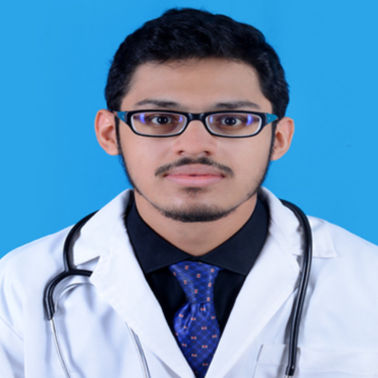
Dr. Syed Saifullah Bokhari
Ophthalmologist
4 Years • MBBS, MS(Ophthalmology)
Bengaluru
Vasan Eye Care, Bengaluru
If You Have Any Questions Consult Top Ophthalmologists
Dr. S Venkateswaran
Ophthalmologist
35 Years • MBBS, PGD (OPTHALMOLOGY)
Tiruvannamalai
Shiva Eye And General Hospital, Tiruvannamalai

Dr Rajesh Rastogi
Ophthalmologist
33 Years • MBBS, MS Ophthalmology
New Delhi
Rotary Diabetic Centre, New Delhi
Dr. Akashdipta Saha
Ophthalmologist
4 Years • MBBS, MD(Ophthalmology), Fellowship in Retina & Vitreous
Delhi
AIIMS, Delhi
Dr. Harshavardhan Reddy
Ophthalmologist
3 Years • MBBS , MS (Ophthalmology)
Hyderabad
Ram Dev Rao Hospital, Hyderabad

Dr. Syed Saifullah Bokhari
Ophthalmologist
4 Years • MBBS, MS(Ophthalmology)
Bengaluru
Vasan Eye Care, Bengaluru
